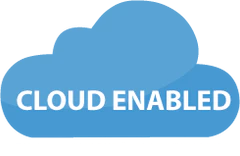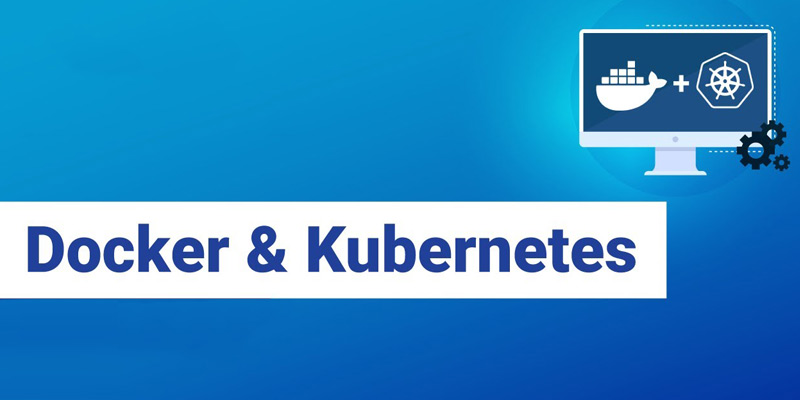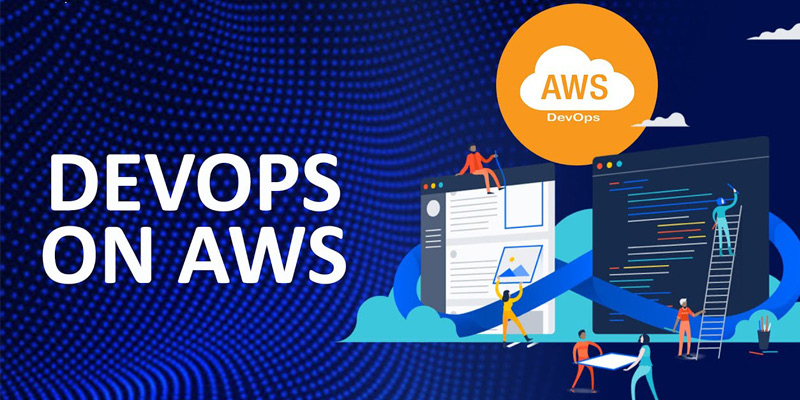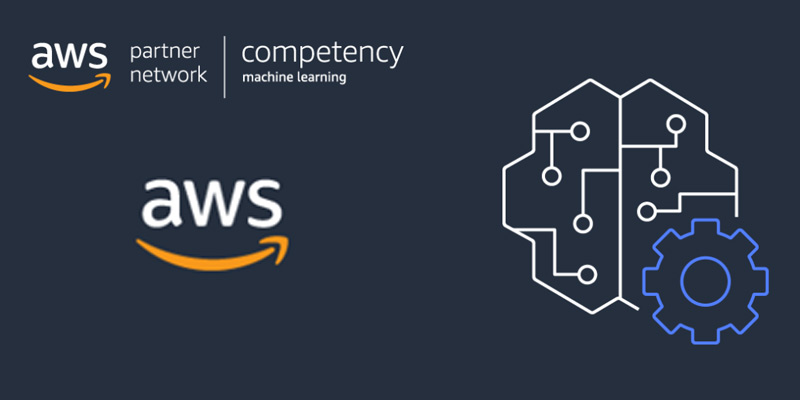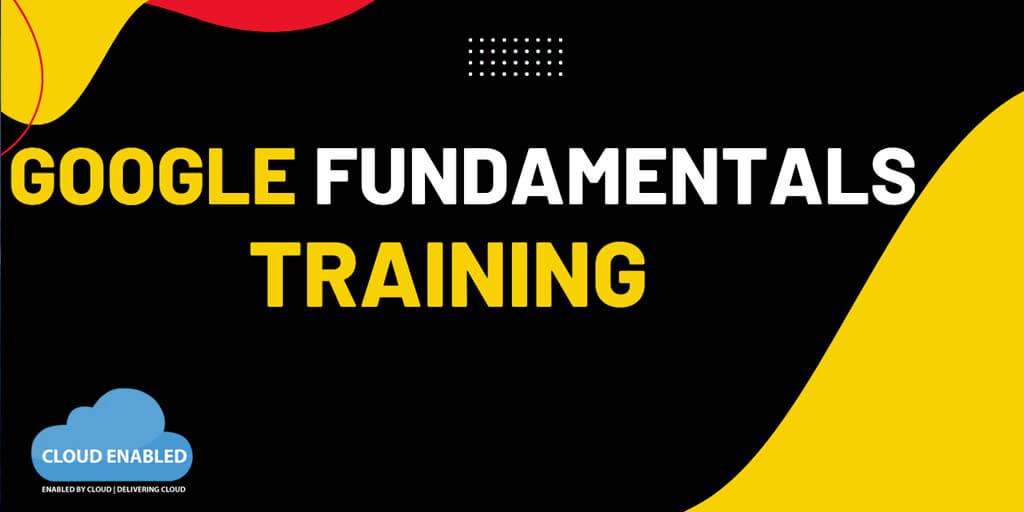- +91 90080 05404
- reach@thecloudenabled.com
- India, Singapore


Anil Bidari
Chief Consultant
Anil Bidari is a versatile trainer and consultant specializing in GitLab, AWS, Azure, Google, DevOps, Jenkins, Kubernetes, Ansible, Docker, Agile, and Machine Learning. His expertise drives successful technology adoption and implementation, benefiting organizations and individuals alike.
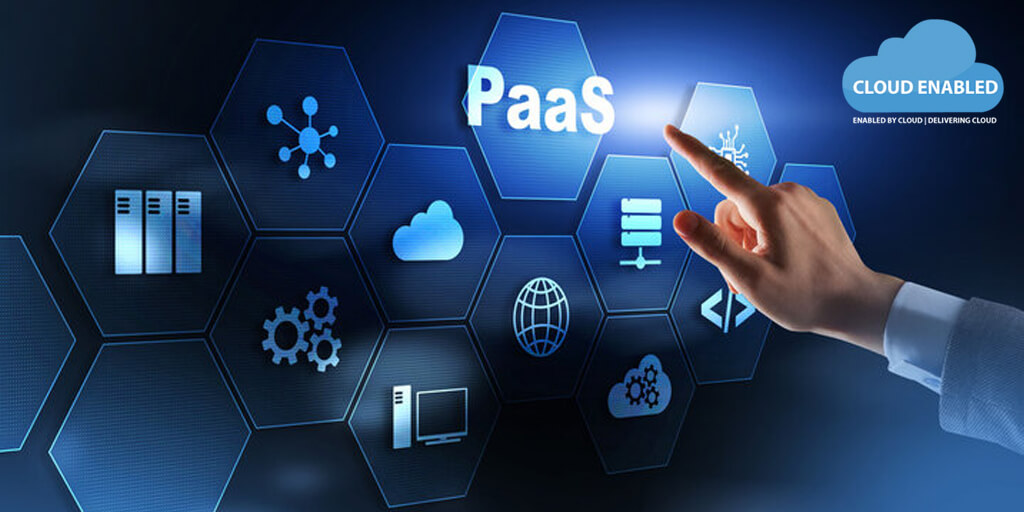

- Time Duration : 21 Hours - 3 Days
- Study Lecture : 20 Lectures
- Skill Level : Advance Course
- Certificate : Yes
- Training Delivery Mode : Online - Live Instructor Led training
OVERVIEW :
COURSE DESCRIPTION
COURSE SUMMARY
COURSE OBJECTIVE
COURSE DESCRIPTION
The AWS PaaS Training is a comprehensive program designed to provide participants with a solid understanding of Platform as a Service (PaaS) offerings on the Amazon Web Services (AWS) platform. This training covers various AWS PaaS services, including AWS Elastic Beanstalk, AWS App Runner, and AWS Amplify. Participants will learn how to develop, deploy, and manage scalable and resilient applications using these services. Through hands-on labs and practical exercises, attendees will gain proficiency in utilizing PaaS capabilities for application deployment, auto-scaling, and monitoring. This training is ideal for developers and DevOps professionals seeking to leverage AWS PaaS offerings to simplify application deployment and management on the cloud.
COURSE SUMMARY
The AWS PaaS Training is a comprehensive program that focuses on providing participants with the knowledge and skills to effectively leverage Platform as a Service (PaaS) offerings on the Amazon Web Services (AWS) platform. This training covers key AWS PaaS services, including AWS Elastic Beanstalk, AWS App Runner, and AWS Amplify, enabling participants to develop, deploy, and manage scalable applications with ease. Through hands-on labs and practical exercises, participants will gain practical experience in utilizing PaaS capabilities for application deployment, auto-scaling, and monitoring. By completing this training, participants will be equipped to streamline their application development and deployment processes using AWS PaaS, enhancing efficiency and scalability in their cloud-based projects.
COURSE OBJECTIVE
The objective of the AWS PaaS Training is to provide participants with a comprehensive understanding of Platform as a Service (PaaS) offerings on the Amazon Web Services (AWS) platform. The course aims to equip participants with the skills and knowledge to effectively leverage AWS PaaS services for developing, deploying, and managing applications in a scalable and efficient manner. Participants will learn how to utilize services such as AWS Elastic Beanstalk, AWS App Runner, and AWS Amplify to simplify application deployment, auto-scaling, and monitoring. By the end of the training, participants will be able to confidently utilize AWS PaaS capabilities to accelerate application development and improve time-to-market for their projects.
Course Outline
Module 1 : Course Overview
Module 1.1 : Introduction to the course
Module 2 : Understanding Docker
Module 2.1 – Module Introduction
Module 2 .2 What is Virtualization
Module 2.3 : What are Containers
Module 2.4 : Containerization and virtualization differences
Module 2.5 : Case study : 100 developer environment
Module 2.6 : Difference between win and linux containers
Module 2.7 : Docker ecosystem and components
Module 3 : Installing Docker - ( Lab by students)
3.1 : Module Introduction
3.2 : Installing Docker on Centos 7
Module 4 : Containers On Ubuntu Docker host- ( Lab by students)
4.1 : Module Introduction
4.2 : Deploy ,Login, exit container
4.3: List, Start, Stop, restart containers
4.4 where containers are stored
4.5 : working with container hostnames
4.6 working on multiple containers
4.7 Container stats and inspect
4.8 Container networking
4.9 Deleting containers
Module 5 : Containers On Win-2016 server Docker host ( demo by trainer)
5.1 : Module Introduction
5.2 Install Docker on win 2016 server
5.3 :Win container Deploy ,Login, exit container
5.4 : List, Start, Stop, restart containers
5.5 where containers are stored
5.6 : working with container hostnames
5.7 working on multiple containers
5.8 Container inspect
5.9 : Deleting containers
Module 6 : Docker Images - ( Lab by students)
6.1 : Module Introduction
6.2 : Introduction to Docker Images
6.3 : Docker hub – create your account
6.4 : Explore and pull images from docker hub
6.5 : Docker commit Build and Push Your own image
6.6 : Launch container using your own image
6.7 : Build Your own image using dockerFile
6.8 : Integrate you dockerhub account with github account to build image
Module 7 : Docker Networking - ( Lab by students)
7.1 Module Introduction
7.2 Linux Docker host default Networking
7.3 Linux container networking
7.4 Docker host and container port mapping
7.5 List, create, inspect and remove new networks
7.6 Launch container in desired network
7.7 Attach a container two networks
Module 8 : Docker Volumes - ( Lab by students)
8.1 : Module introduction
8.2 : Introduction to Docker volumes
8.3 : Launch a container with volume attached
8.4 : Recovering volume
8.5 : Module Summary
Module 9 : Kubernetes architecture
- What is kubernetes
- Master node Kubernetes components overview
- Minnion Node Kubernetes componets overview
- Why Kubernetes
- Ingress controller
Module 10 : Kubernetes cluster Install and configure ( Hands on lab by students)
- Deploy 2 virtual machines running centos7 OS
- SSH to to VM1 and configure it Kubernetes master node
- SSH to to VM2 and configure it Kubernetes Minion node-01
- Perform Kubernetes essential commands
Module 11 : Create a manage POD, Deployment and replication controller ( Hands on lab by students)
- Write pod.yaml and create Kuberentes POD – create and manage PODS
- Write deployment.yaml and create Kuberentes deployment – create and manage deployments
- Write replica.yaml and create Kuberentes replica and service
- Deploy micro service with volume service for persistent data
- Kubectl cli
Module 12 : KubernetesAdd on Topics
- POD Autoscaling
- Rolling Updates
- POD CPU and Memory reservation
- Bring down complete cluster and recover back
Module 13 : Application Development and Deployment Best Practices ( Hands on lab by students)
- Application deployment using AWS Elastic Beanstalk
- Deploy java beanstalk environment
- Deploy web application to environment
- Terminate beanstalk environment
Module 14 : AWS container registry ( Hands on lab by students)
- AWS container registry (ACR) overview and features
- Create docker image and push AWS container registry
- Pull images from ACR
Module 14 : AWS Elastic container service ( Hands on lab by students)
- AWS Container service (ACS) overview and features
- Deploy application using docker image which was stored on ACR
- Use application load balancer to route traffic to containers
Module 15 : AWS Elastic Kubernetes service ( Hands on lab by students)
- AWS Kuberentes service (AKS) overview and features
- Deploy kubernetes cluster on AKS
- Manage nodes and connect cluster api
- Deploy application using docker image which was stored on ACR
- Use application load balancer to route traffic to containers
Let's Enroll Our Course !!
Cloud Enabled Pvt Ltd is your trusted partner in advancing your skills. We offer comprehensive training in Cloud Computing, DevOps, and Machine Learning, designed to propel your career.
